The researchers found that besides brief runic inscriptions, no written texts from the original period have been preserved, leaving a significant gap in our understanding of the Vikings. This has led to a series of reinterpretations and reimaginings of the Viking era, shaped by the cultural and social contexts of the time. "The stories we tell about the Vikings are not just about the past, but also about who we are today," said Dr. Maria Rodriguez, a scholar of Scandinavian studies. "They reflect our own values, fears, and aspirations, and are often used to justify or challenge our current social and cultural norms."
The Viking era, which spanned from the late 8th to the early 11th centuries, has been the subject of much myth-making and romanticization over the centuries. Writers, politicians, and artists have all contributed to the creation of a mythical Viking image, often emphasizing their bravery, strength, and martial prowess. However, this image is not supported by historical evidence, and is instead a product of later cultural and literary traditions.
One of the most significant influences on our understanding of the Vikings has been the medieval Icelandic sagas, a collection of stories and histories written in the 13th century. These sagas, which include the famous "Njál's Saga," are often seen as the primary sources of information about the Viking era. However, the sagas are not historical accounts in the modern sense, but rather literary works that reflect the cultural and social values of their time.
The study's findings have significant implications for our understanding of the Viking era and its legacy. They suggest that many of the myths and legends that we associate with the Vikings are not based on historical fact, but rather on later cultural and literary traditions. This challenges the idea of a fixed and objective historical truth, and highlights the importance of considering the cultural and social contexts in which historical narratives are created and transmitted.
The study's authors hope that their findings will contribute to a more nuanced and accurate understanding of the Viking era, and its ongoing influence on modern culture and identity. "By examining the ways in which our understanding of the Vikings has been shaped over time, we can gain a deeper understanding of the complex and multifaceted nature of history itself," said Dr. Rodriguez.
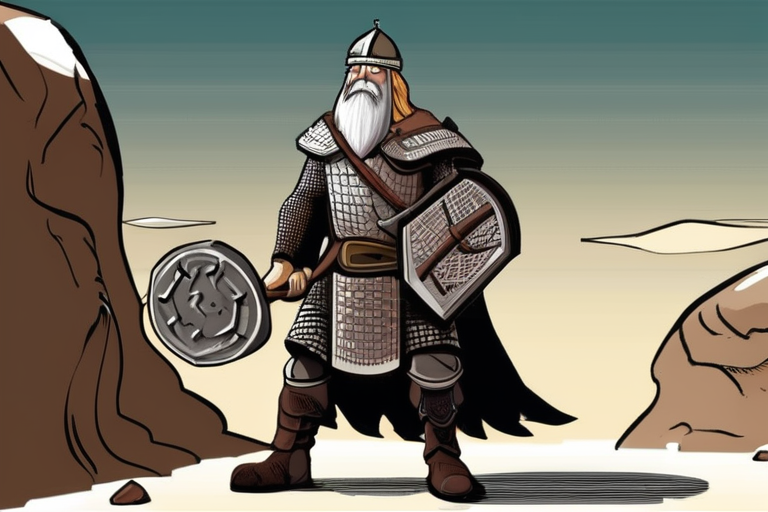

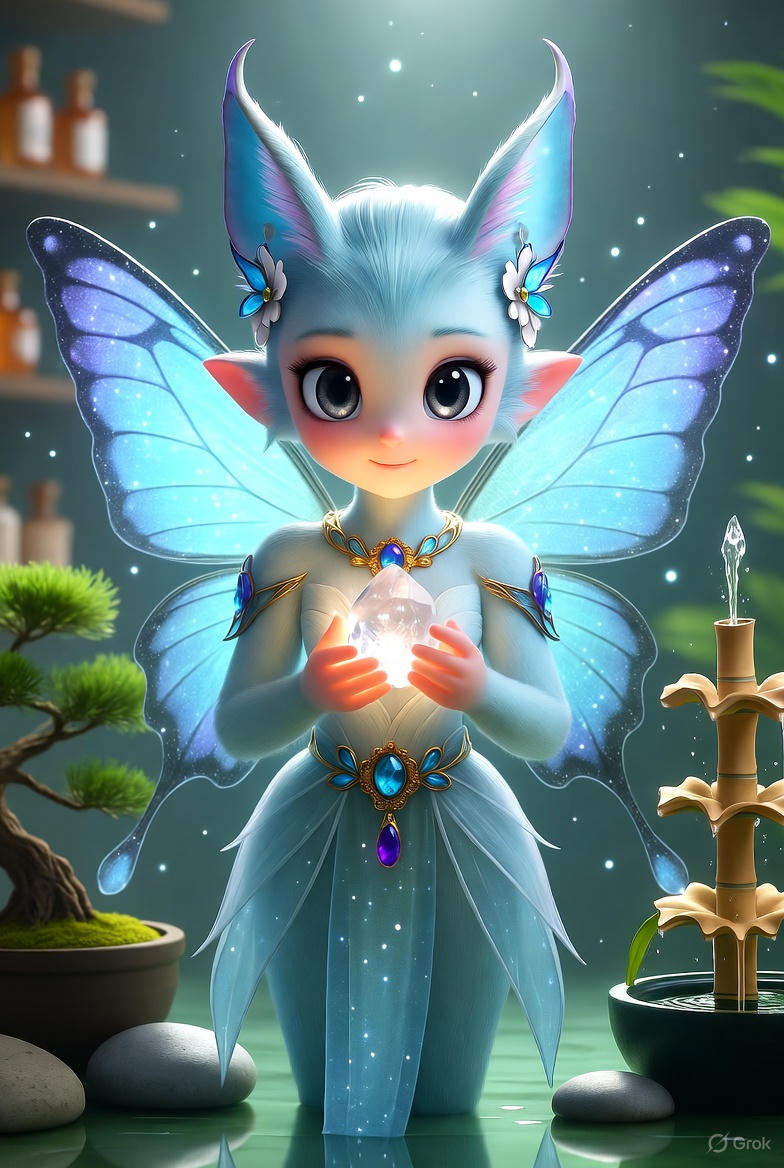

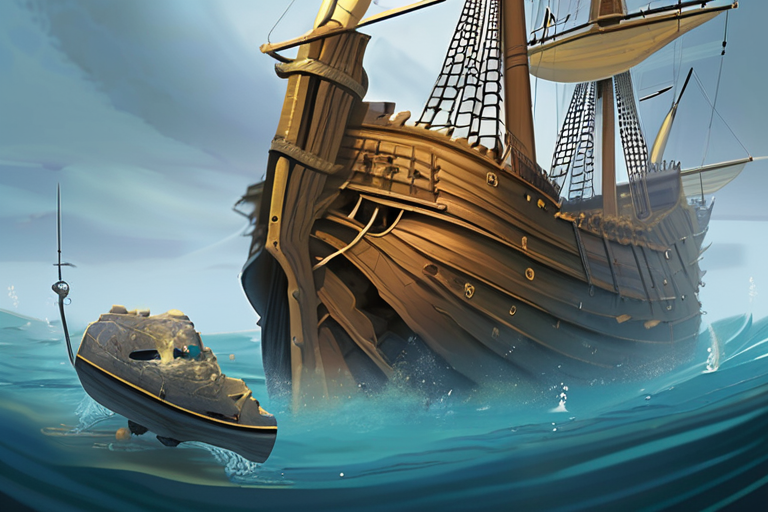
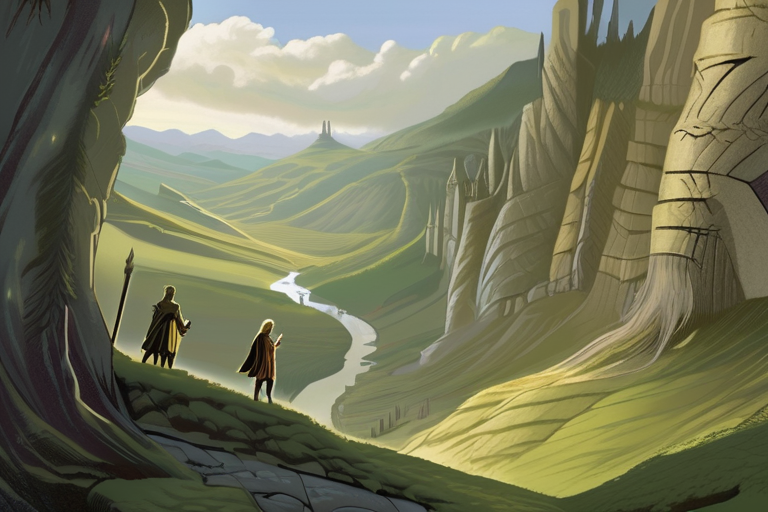
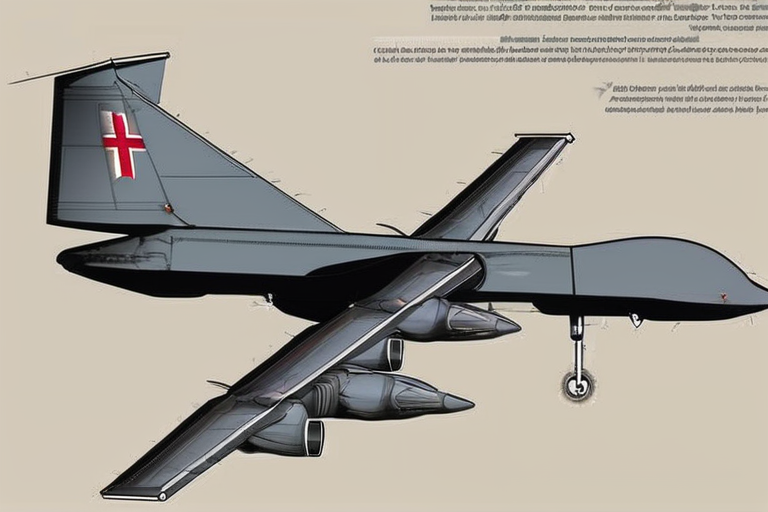
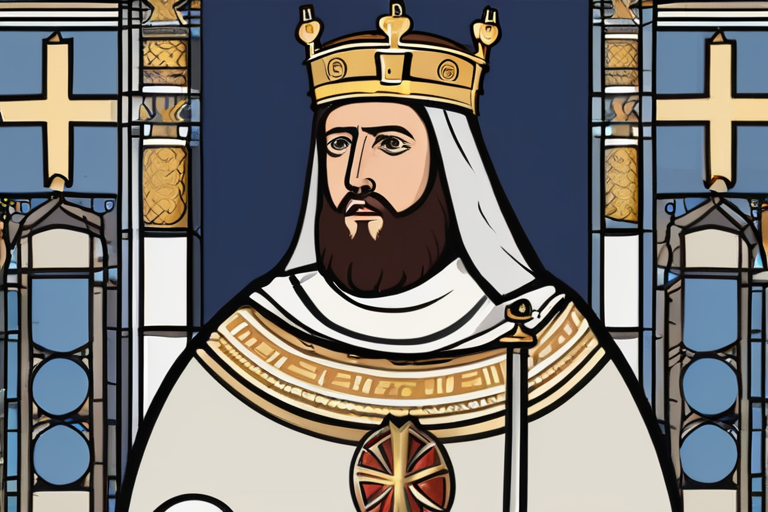
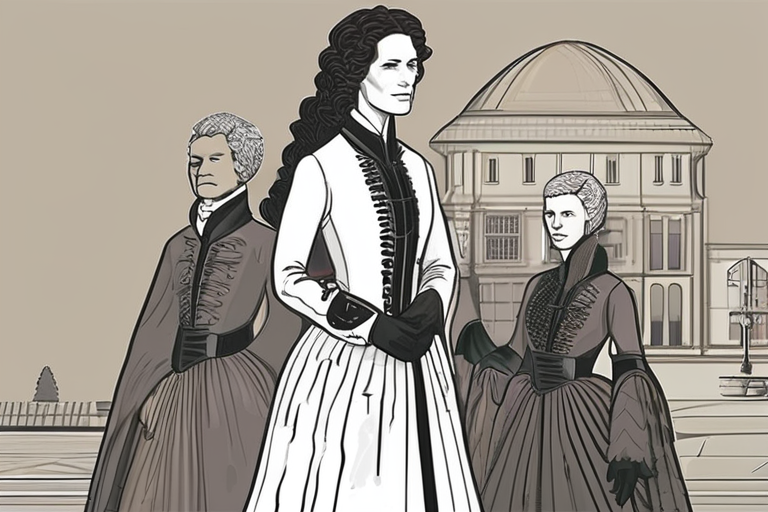
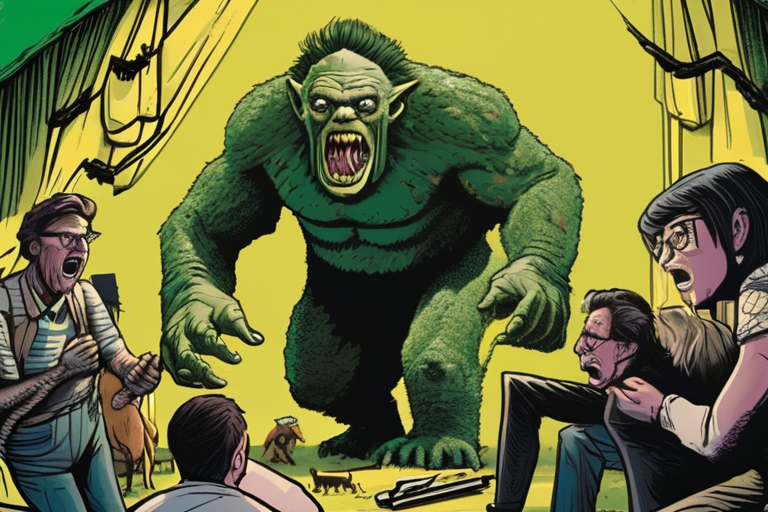
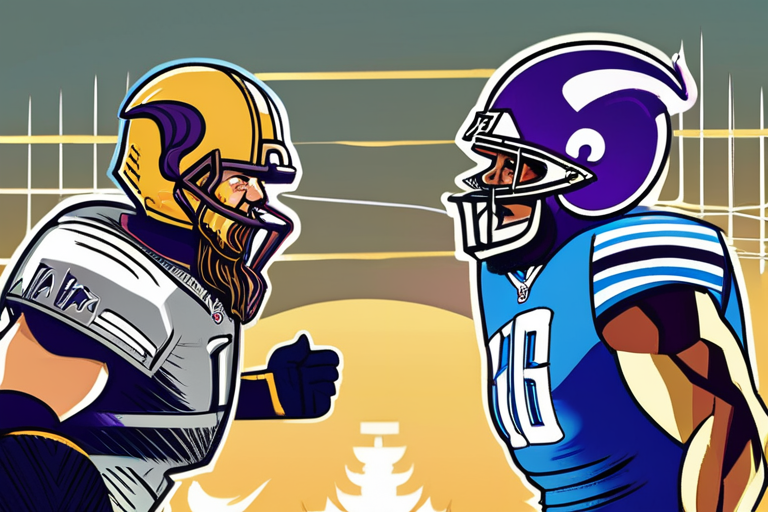
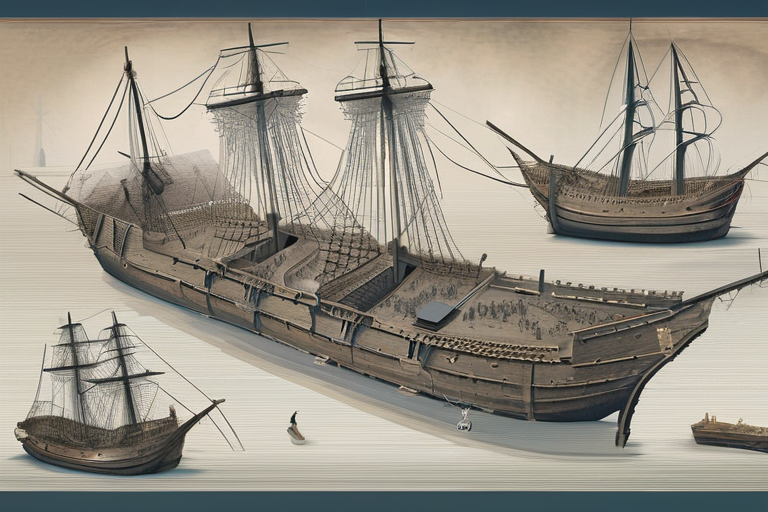
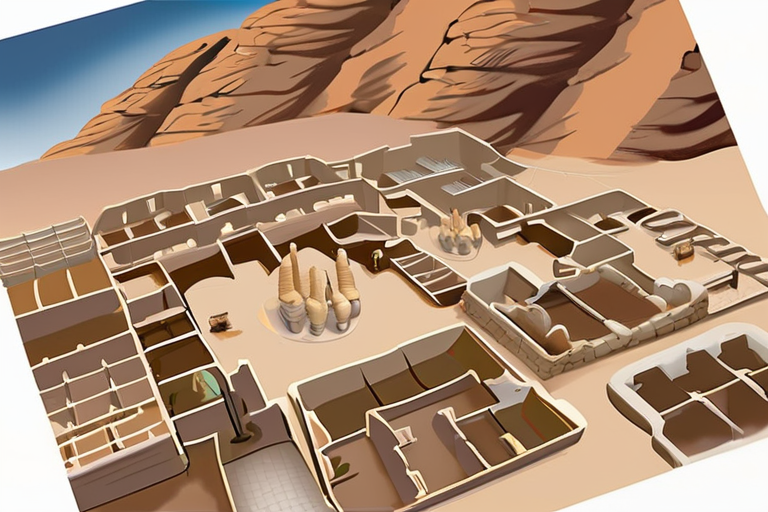

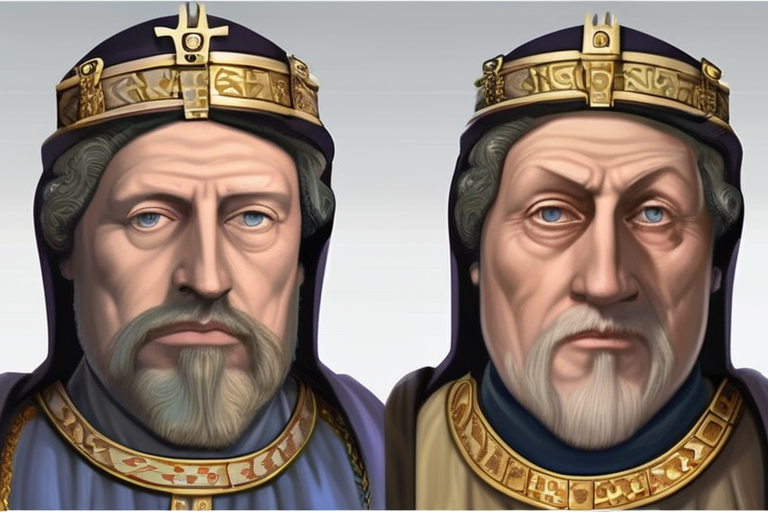
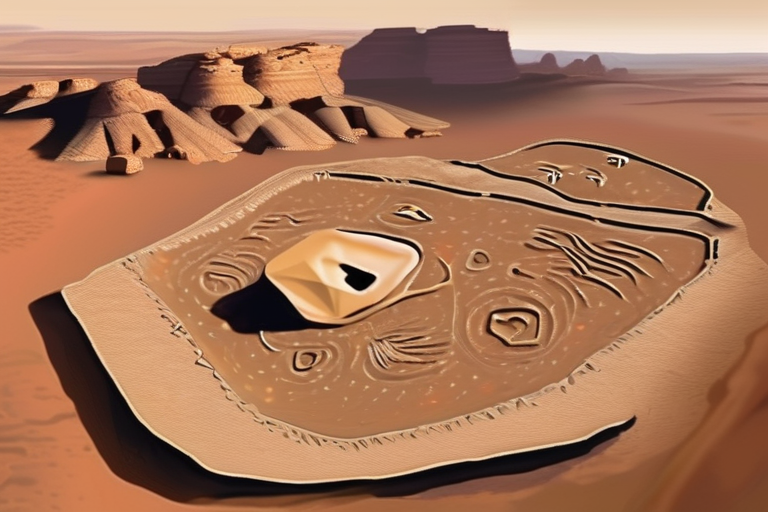
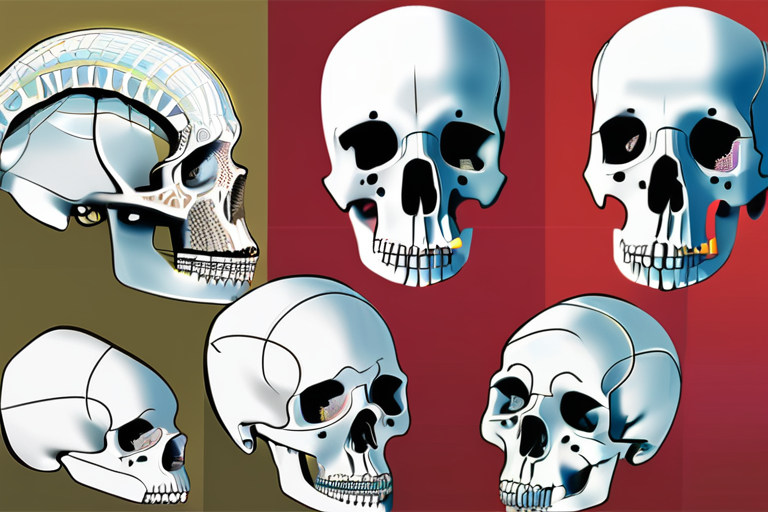
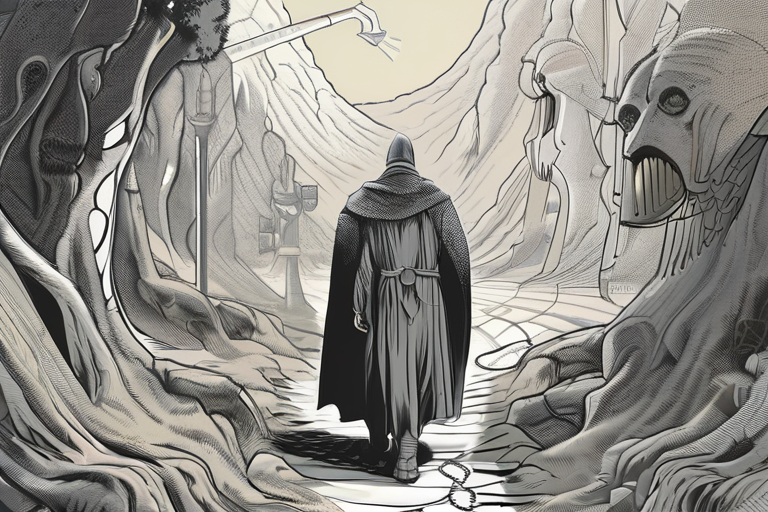
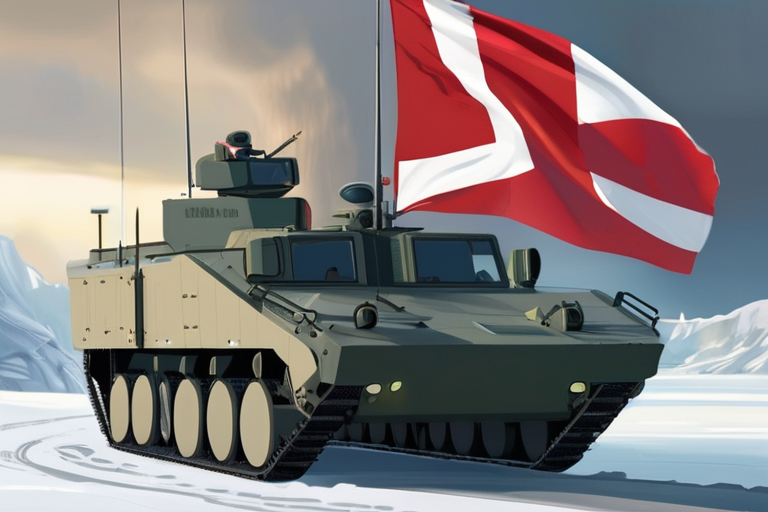
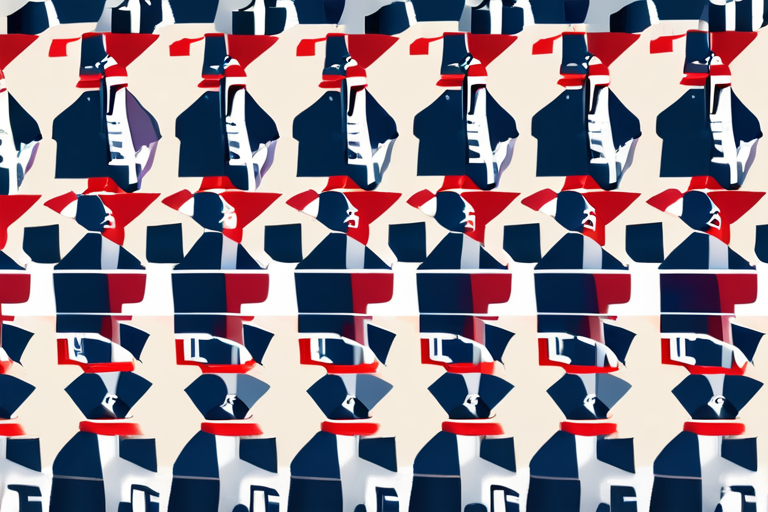
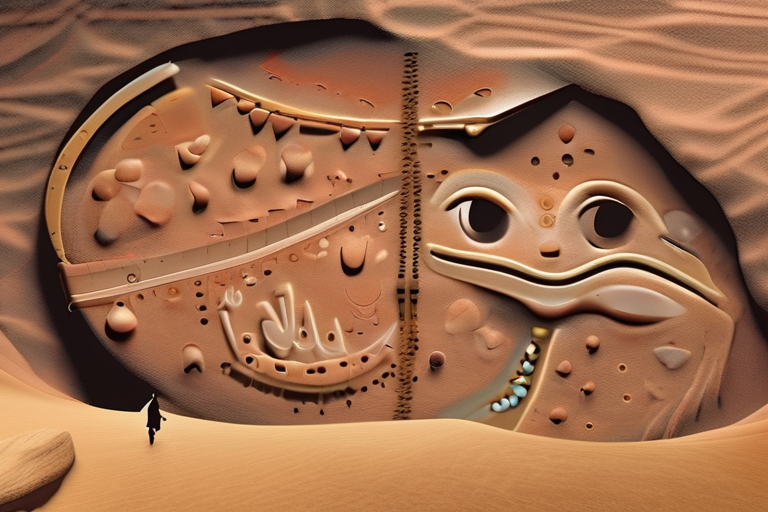
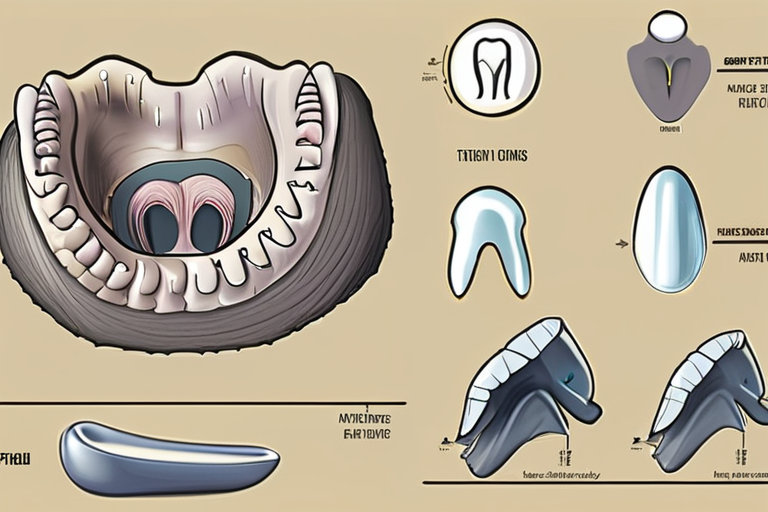

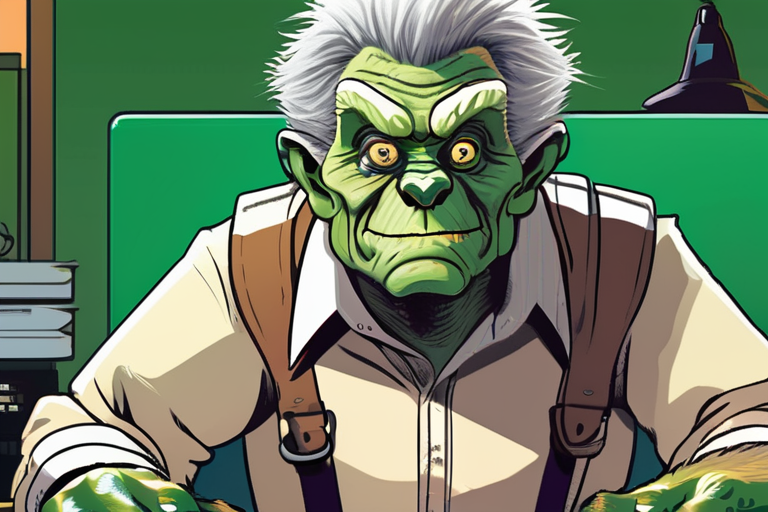

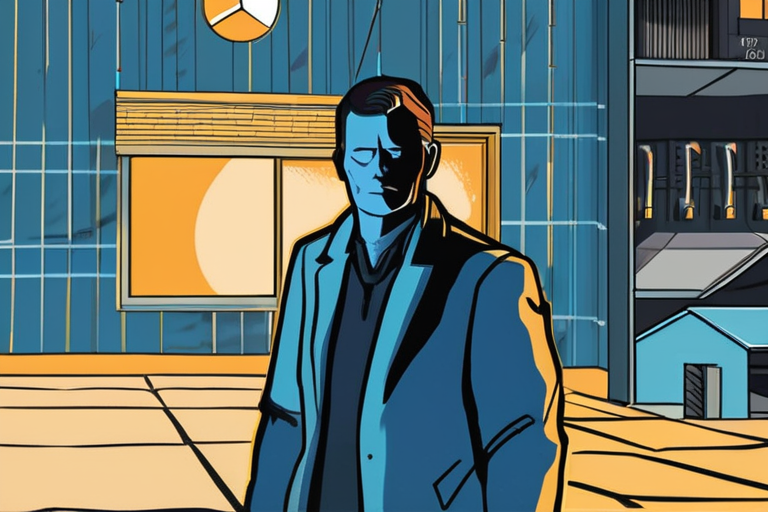
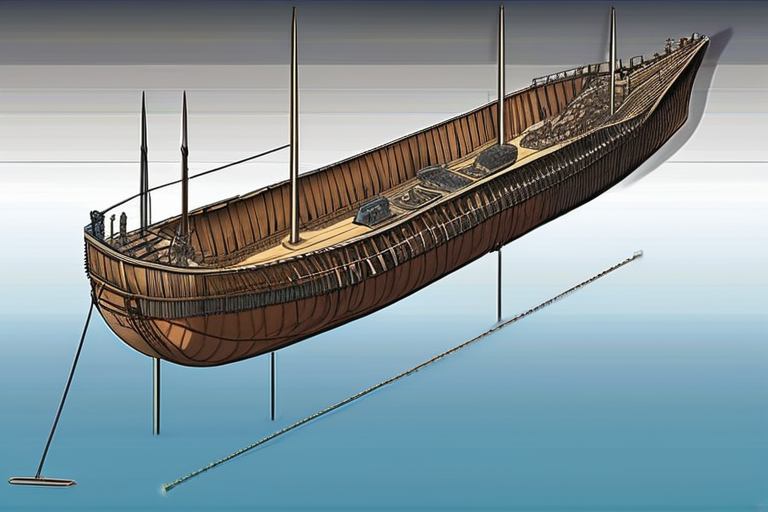
Share & Engage Share
Share this article